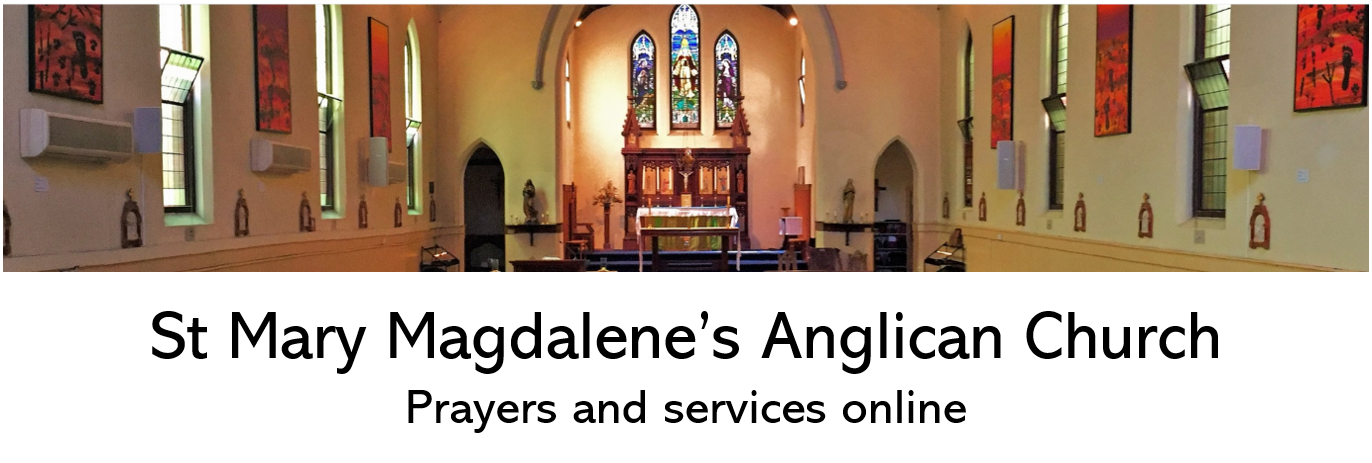Grandly related
Henry Thoreau
In Louisville, at the corner of Fourth and Walnut, in the centre of the shopping district, I was suddenly overwhelmed with the realization that I loved all those people, that they were mine and I theirs, that we could not be alien to one another even though we were total strangers. It was like waking from a dream of separateness….of spurious self-isolation in a special world, the world of renunciation and supposed holiness. The whole illusion of a separate holy existence is a dream…
Thomas Merton

Image: David Fichter, muralist, The Potluck
Wandering out into the fragrant night air, the sky surrounded by stars, I had a strange cosmic vision – as if I could see right down into the centre of the earth, and embrace the whole of its contents and its animal and plant inhabitants. For a moment I became, in some transcendental way, the universe.
Julian Huxley

…I thought no place could
ever be strange to me again.
Henry Thoreau
Image: from Kairos Earth, Standing on holy ground
This is a more common experience than is sometimes thought.
It is nothing that reason or work can make happen.
It is a ‘unitive’ experience – a graced moment.
All experiences of grace could be described as ‘mediated immediacy’.
Get in touch with a moment of being at-one with others or with nature.
Reflect on it – perhaps in the light of Jesus’ own prayer to the God he called Abba.
Such moments of intimacy and intensity in his life were full of promise, and bore fruit in compassion and service.
I think the only point in talking about these things is so that other people can perhaps recognize moments in their own lives, of an equivalent kind and not be embarrassed or frightened by them, but trust them.
Patrick Kavanagh
God is not an object, and remains beyond our grasp. While our five senses enable us to experience reality, we still do not have a direct sense-experience of God. Our experience of love and beauty depend on our senses and our intellect, but transcend them. Such experiences are central to human existence: we can speak about them and interpret them: but there is a world of difference between the interpretation and the pre-conceptual experience. So it is with our experience of God: we struggle to find words, and to interpret it: it remains mysterious and beyond our grasp, but is both real and transformative.
We can only approach God through our relationships with other people. We need to wake up from ‘a dream of separateness’. What is the mysterious event that takes place whenever anyone finds, in any experience, in any book or in any person – a genuine encounter with God? We need to distinguish between communication and communion as two fundamentally different modes of knowing. Communication is logical and practical in application: communion is the awareness of participation in the mystery of being. Communion is about who we are and not anything we know.

Image: David Fichter, muralist, The Potluck, detail
We’ve used the images in this post before. Fr Philip Carter continues this series on Moments of Grace with a reflection on communion as participation in the mystery of being, both being with all people and being with the earth. These are recurring themes of his work.
To review the blog posts with these images, click on
The mystery of the Eucharist: the bread that matters
Lent 3 – ‘Thin places’ – sacred sites
Here are two pieces to finish, both celebrating the great mystery, one by Tomas Luis de Victoria, first published in 1572, and the second by Morten Lauridsen, published in 1994.
For a printable PDF of the text of this meditation please click on the link below.





1 Comment
Thank you, always. Philip.